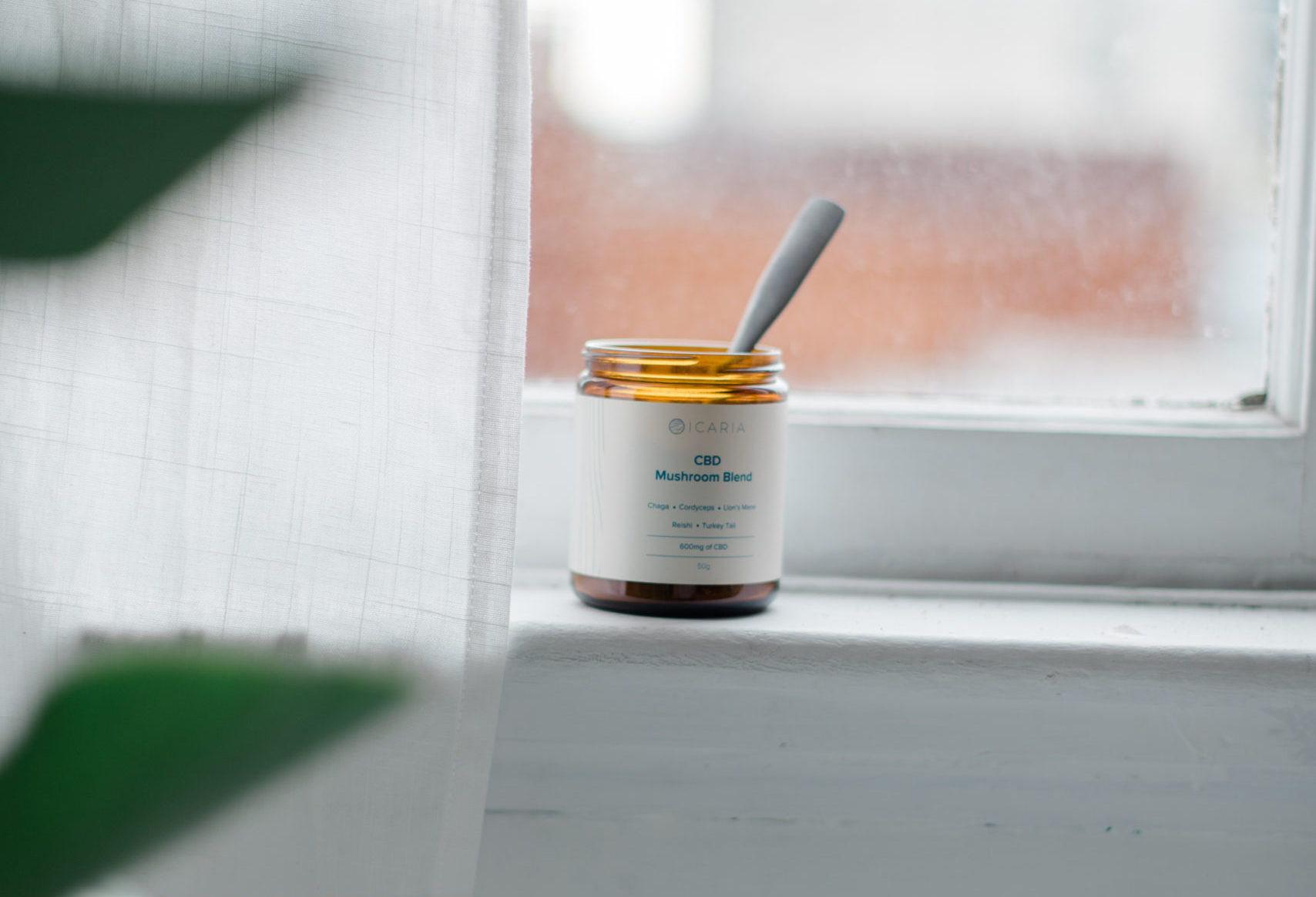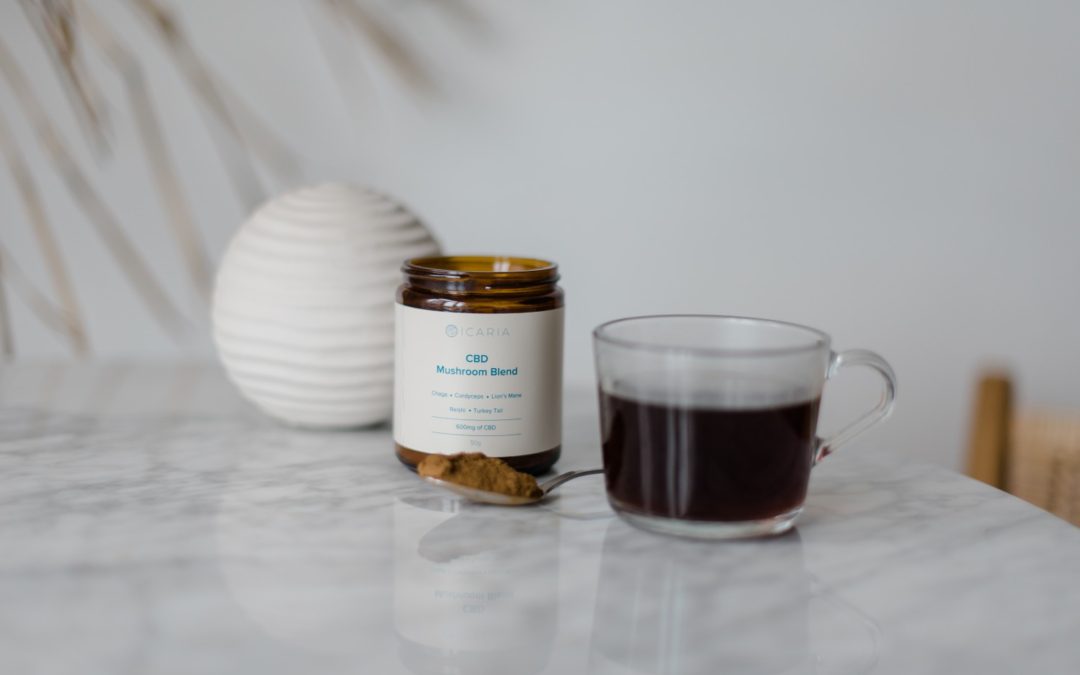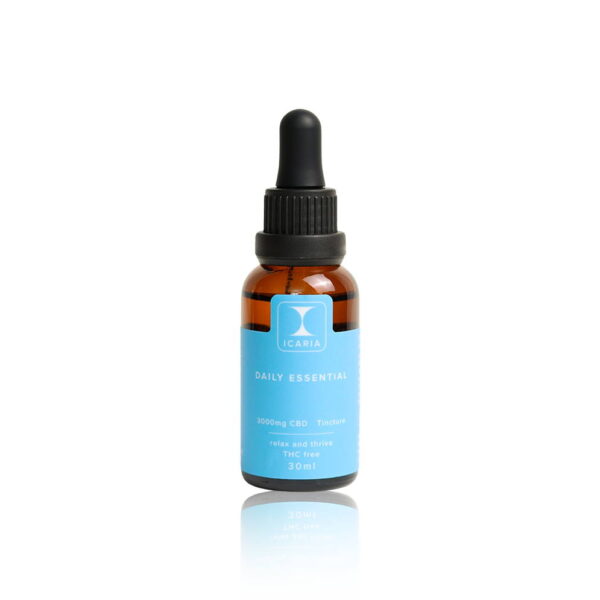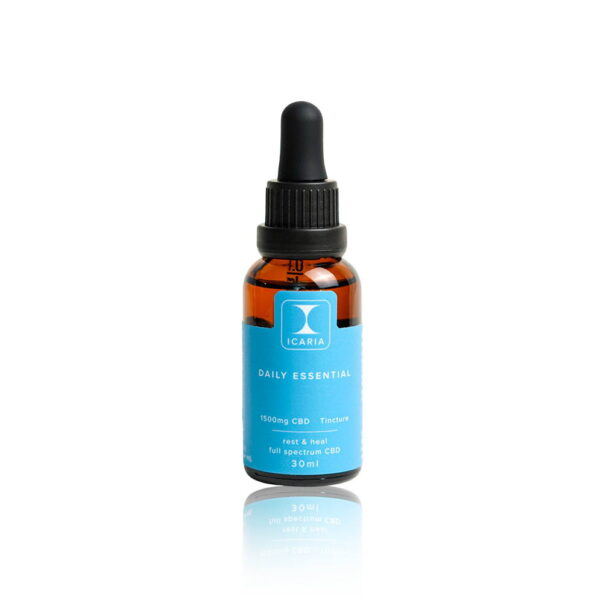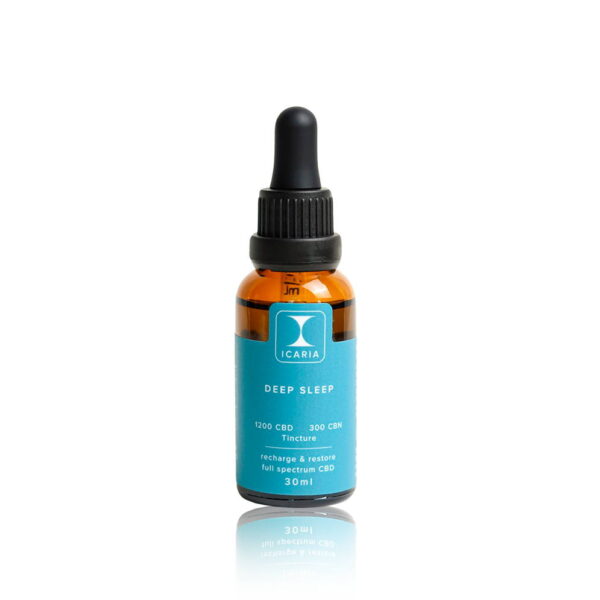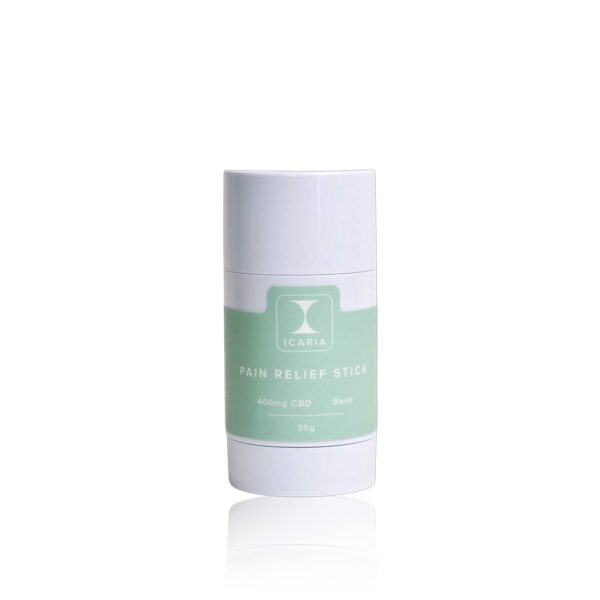What are Medicinal Mushrooms?
Long before the use of modern capsules, tablets, and pills, we relied on nature to heal us or boost our immune systems. We studied plants, dried the herbs, crushed them into powder form, or extracted their essential oils. They offered safe and effective solutions to many health problems.
But as modernization and technology progressed, we became more reliant on modern medicine. Modern medicine may be effective, but they also come with a myriad of side effects.
Today, people are becoming more aware of ancient medicine again. And medicinal plants are finding their way back into our homes once again. We’re also seeing increasing interest in medicinal mushrooms.
Medicinal Mushrooms Quick Facts
Mushrooms are oftentimes mistaken for plants, but they’re actually not. They’re a type of fungi that grows into a plant-like structure with a stem and a cap. But unlike plants, mushrooms don’t have chlorophyll. This means they can’t make their own food or nutrients through photosynthesis. Instead, they get their food from their surroundings, particularly from decaying organic matter like dead plants.
Poisonous mushrooms make up only about 2% of the varieties we know. And of the different species, we can eat only about 4% to 5% of them. Of those that we can eat, about 130 of them have medicinal properties.
Medicinal mushrooms offer a ton of health benefits. Some of their therapeutic properties include:
- Anti-inflammatory, anti-tumour, antioxidant, and antibacterial effects
- Support immune system health and help modulate the immune response
- Support nervous system health
- Provides ample vitamins and nutrients as well as healthy proteins
- High-fiber, low-fat, and low-sugar content for healthy heart and blood vessels
- Energy booster and stamina enhancer
As mentioned earlier, there are over 130 varieties of medicinal mushrooms. Of these varieties, Chaga, Cordyceps, Lions Mane, Reishi, and Turkey Tail are among the most popular that offer many medicinal effects.
Chaga Mushroom
Chaga mushrooms thrive in colder climates and are primarily found growing on birch trees. This type of medical mushroom is also called birch conk, cinder conk, or clinker polypore. Although they’re edible, most people prefer adding Chaga mushrooms to their teas since they have a pretty bitter taste.
This therapeutic mushroom is jam-packed with antioxidants known to boost the immune system. It also produces anti-inflammatory effects that not only reduce inflammation but modulate our immune response as well.
People often use Chaga mushrooms for diabetes and heart disease. They can also help fight cancer cells. Chaga can not only lower blood sugars but help control abnormal cholesterol levels as well.
Cordyceps Mushrooms
Cordyceps is a type of parasitic fungi that typically grows and develops on insect larvae. As they develop, they protrude from the body of their host and produce slender stems.
They’re usually harvested, hand-collected, and dried. To use, simply rehydrate the dried cordyceps in warm water and add them to the food. We can also use fresh cordyceps, of course. Just clean them gently and add them to the food we’re cooking.
Cordyceps mushroom is a great energy booster. It also helps boost our exercise performance. Some people also use cordyceps to delay the aging process or improve sexual function.
They’re also rich in antioxidants and have anti-tumour effects. They also help reduce diabetes risks and support heart health.
Lion’s Mane Mushroom
Lion’s mane mushroom is named for its appearance. It’s white in colour, delicate-looking, and resembles a lion’s mane with slender hair. This type of mushroom can also be taken in dried and fresh form. You’ll also find lion’s mane mushrooms in supplement forms like soft-gel capsules and powder.
Lion’s mane mushroom produces many health effects. Taking it can help improve Alzheimer’s disease and dementia. It can also relieve anxiety, stress, tension, and depression. Lion’s mane also helps with cholesterol and blood sugar control.
This type of mushroom also supports heart, gastrointestinal, and central nervous system health. Using lion’s mane supplements also reduces gastrointestinal ulcers and fights cancer cells.
Reishi Mushroom
Reishi mushrooms are also called Ling Zhi or Mushroom of Immortality and have been used in ancient Chinese medicine for thousands of years. it can come in many forms including fresh, dried, powder, extracts, capsules, tablets, and teas.
Reishi mushrooms are known to enhance the immune system and boost the way it functions. it also improves stamina as well as strength. Some people also use Reishi supplements to improve cholesterol and sugar levels as well as support the health of the urinary tract system.
This medicinal mushroom also has anti-cancer properties. It can also help improve fatigue and relieve depression. Reishi mushrooms also produce antioxidant effects.
Turkey Tail Mushroom
Turkey tail mushroom, also called Trametes Versicolor, has been used since ancient times for its medicinal properties. It’s known to act as an antioxidant that helps fight the deleterious effects of high free radical levels. As such, it helps protects many organs such as the heart, the immune system, and the gut.
Turkey tail mushrooms help fight cancer cells, modulate inflammation, and control infection. It also boosts immune system function and improves heart health.
This mushroom also has anti-tumour effects that can help prevent the spread and proliferation of cancer cells. It can also be added to some cancer treatments. Studies show adding it to cancer treatments can increase the survival odds of the patient, compared to chemotherapy alone.
Precautions in Using Medicinal Mushrooms
Medicinal mushrooms, like any other supplements and medications on the market, also have some side effects.
Taking too much can produce side effects such as nausea, sleep problems, allergic reactions, and dryness of the nose, mouth, and throat. It can also cause gastrointestinal upset with diarrhea.
Medicinal mushrooms, since they’re also processed by the liver, can also interact with some of the medicines you’re taking. They can either enhance the drugs’ beneficial effects or worsen some of their adverse effects.
So to be safe, be sure to follow the instructions found on the product label. You may also talk with your physician first before adding medicinal mushrooms to your health regimen. Your doctor can also help you find the best dosage for your needs.
